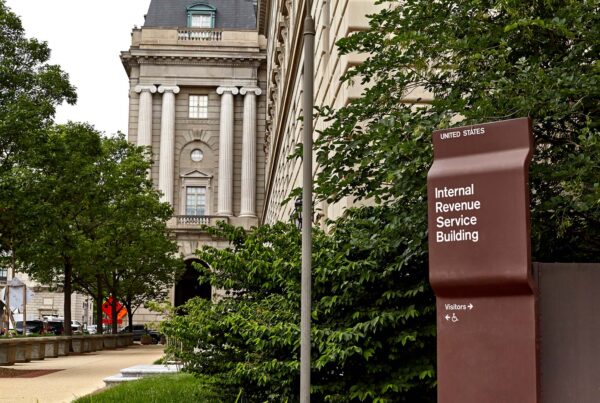The Internal Revenue Service (“IRS”) has been cracking down on a tax scheme involving Maltese pension plans that allowed U.S. taxpayers to contribute non-cash assets. The age old saying, “things that are too good to be true, usually are” – certainly applies here. This plan is leaving U.S. taxpayers with penalties for failing to disclose totaling between $100,000 and $200,000.
The Maltese pension plans allow U.S. taxpayers to contribute assets like appreciated property and permit taxpayers to take our tax-free distributions. The IRS considers this practice potentially abusive and has been investigating it since 2021. In 2021, the U.S. and Malta entered into an agreement to close this loophole and restrict the benefits of the dodgy tax treaty in such cases. However, some taxpayers continued the scheme, leading the IRS to list it on its “Dirty Dozen” list of scams and schemes due to its perceived attractiveness to U.S. taxpayers in 2022 and 2023.
Pension plans don’t typically require elements that seem dodgy. A pension plan is a valuable employee benefit that requires employers to set aside for payments to eligible retired employees. In the United States, traditional pension plans, also known as defined pension plans, have become less common, with employers opting for more cost-effective retirement benefits like the 401(k) savings plan. These savings, unlike the Malta Retirement Programme (“MRP”), are safeguarded under the Internal Revenue Code 401(a) and the Employee Retirement Income Security Act of 1974, providing tax advantages.
To illustrate, a pension plan might pay out based on a percentage for each year of service. For instance, if a person retires at age 60 and contributes 30 years of service with an average final five-year salary of $60,000, they will receive $18,000.
The MRP specifically targets U.S. citizens seeking to evade U.S. taxes by participating in Maltese Citizen retirement arrangements. These arrangements might be presented as “pension funds” without clear disclosure of treaty provisions. According to the plan requirements, applicants must not be Maltese nationals, have no intention of establishing domicile in Malta, and must not stay in Malta for more than 183 days (about 6 months) per year. This raises concerns about the legitimacy of the plans.
In June, the IRS issued proposed regulations classifying the scheme as a “listed transaction” for tax avoidance, subjecting participants to penalties upon finalization. The IRS also started a criminal investigation into the Malta Pension Plans and issued summonses to taxpayers. Taxpayers who have been contacted by the IRS are advised to seek legal representation and understand their status in the investigation.
The investigation may focus on those promoting the scheme and those advising taxpayers about its loopholes. The IRS may still conduct audits and assess penalties for unreported income related to the transaction despite pending proposed regulations.
It is crucial to note that, according to Articles 18 and 19, the Competent Authority Agreement (“CAA”) does not consider personal pensions or retirement schemes eligible for preferred tax treatment. U.S. taxpayers are advised to steer clear of any scheme listed in the “Dirty Dozen” list and seek assistance from tax professionals experienced in dealing with such arrangements to ensure IRS compliance because things that are too good to be true, usually are.
More information can be found at: https://www.irs.gov/pub/irs-utl/malta-competent-authority-arrangement-pension-funds.pdf.



